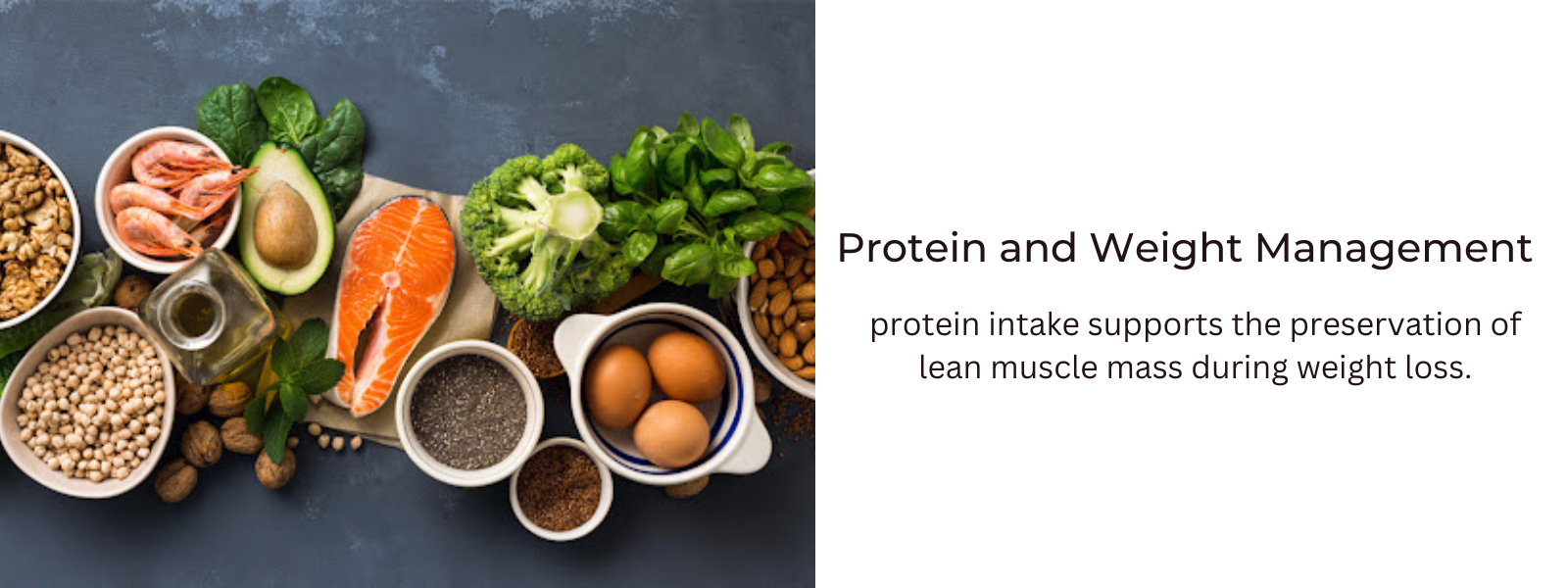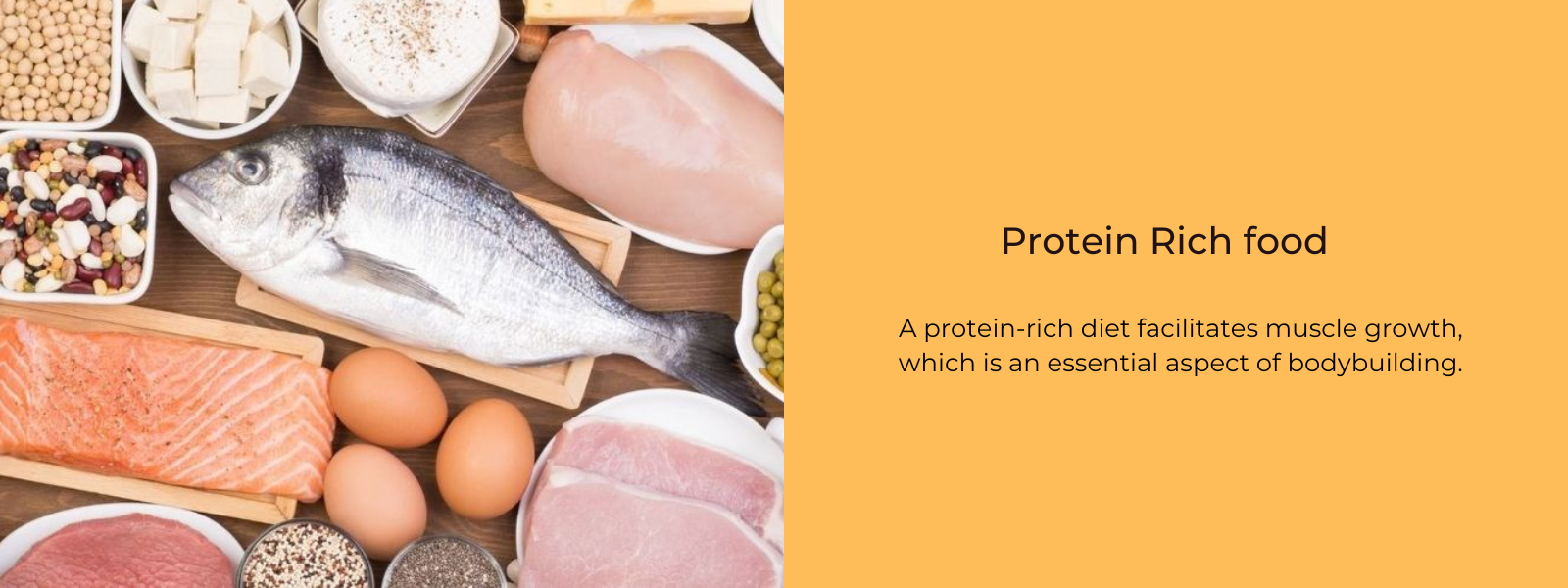Protein plays a pivotal role in athletic performance by serving as the fundamental building block for muscle repair, growth, and maintenance. Essential for optimizing recovery, protein intake is particularly crucial after strenuous exercise, facilitating the repair of micro-tears in muscle fibers and fostering muscle protein synthesis. Adequate protein consumption supports the development of lean muscle mass, enhances strength, and contributes to improved overall athletic endurance. Additionally, protein aids in the body's immune function, helps regulate metabolism, and provides a sense of satiety, which can be beneficial for weight management goals. Athletes should strive to meet their specific protein requirements based on factors like the type and intensity of their training, ensuring a well-rounded and balanced diet to harness the full potential of protein's impact on athletic performance.
Table of Contents
Protein’s Role In An Athletes’ Performance:
Protein is a fundamental component for athletic performance, serving as the building blocks essential for muscle repair, growth, and overall recovery. In the realm of athletics, proteins play a pivotal role in supporting the structural integrity of muscles, aiding in their adaptation to physical stress, and stimulating muscle protein synthesis crucial for recovery after intense exercise. Beyond its muscle-centric functions, protein contributes to energy production, immune system support, and hormone regulation, influencing factors such as metabolism and overall health. Ensuring an adequate intake of protein is vital for athletes to optimize performance, enhance endurance, and facilitate the attainment of specific training goals, such as muscle development and weight management.
Muscle Repair and Growth:
Protein plays a fundamental role in muscle repair and growth for athletes. Following strenuous physical activity or resistance training, muscle fibers experience microscopic damage. Protein, composed of essential amino acids, is crucial for initiating the process of muscle protein synthesis, wherein damaged muscle fibers are repaired and new proteins are synthesized to promote growth. Athletes, aiming to enhance performance and optimize training outcomes, rely on adequate protein intake to facilitate efficient recovery. The provision of essential amino acids through protein consumption not only aids in repairing the structural integrity of muscles but also fosters the development of lean muscle mass, contributing to increased strength, endurance, and overall athletic performance. Therefore, a well-timed and balanced protein intake is paramount for athletes seeking to maximize muscle repair and growth, ensuring they are well-equipped for subsequent training sessions and competitions.
Protein Requirements For Athletes:
Athletes have varying protein requirements depending on factors such as the type and intensity of their training, body composition goals, and individual characteristics. Generally, athletes are advised to consume 1.2 to 2.2 grams of protein per kilogram of body weight per day. Endurance athletes at the lower end of this range, strength and power athletes in the middle, and those engaged in intense training or seeking muscle hypertrophy at the higher end.
Timing & Quality of Protein Intake:
Distributing protein intake throughout the day, rather than consuming it all at once, can be beneficial for muscle protein synthesis. Consuming protein both before and after workouts can support muscle repair and recovery. The quality of protein is determined by its amino acid profile and how well it meets the body's needs. Animal sources usually provide high-quality proteins. Supplementing with protein powders, such as whey or plant-based options, can be convenient for meeting protein goals.
Protein Sources
A variety of protein sources should be included in an athlete's diet to ensure a complete amino acid profile. Sources include lean meats, poultry, fish, dairy products, eggs, legumes, and plant-based protein sources like tofu and quinoa.
Protein and Weight Management:
Protein plays a pivotal role in weight management for athletes by contributing to satiety, preserving lean muscle mass, and supporting overall metabolic function. Adequate protein intake can help athletes feel fuller for longer periods, assisting in controlling overall caloric intake and promoting a healthy body composition. Moreover, during periods of energy restriction or weight loss, maintaining sufficient protein intake is essential to minimize the loss of lean muscle mass, as protein serves as a critical substrate for muscle preservation. By prioritizing protein-rich sources within a well-balanced diet, athletes can effectively manage their weight while ensuring the preservation of muscle mass, which is crucial for optimal athletic performance and overall health.
Ways In Which Athletes Can Incorporate Protein In Their Diet:
Athletes can strategically incorporate protein into their diets to support training, performance, and recovery.
Here are various ways in which they can do so:
- Pre-Workout Meals:
- Include a protein source in pre-workout meals to provide amino acids for muscle support during exercise. This could be lean meat, poultry, fish, eggs, or plant-based proteins.
- Post-Workout Nutrition:
- Consume a protein-rich meal or snack within the first 30 to 60 minutes after exercise to maximize muscle protein synthesis and aid in recovery. This could involve protein shakes, Greek yogurt, or a chicken salad.
- Protein-Packed Breakfasts:
- Start the day with protein-rich breakfast options such as eggs, Greek yogurt, protein pancakes, or smoothies with added protein powder.
- Protein Snacks:
- Choose protein-rich snacks to maintain energy levels throughout the day. Examples include nuts, seeds, string cheese, or protein bars.
- Lean Meat and Poultry:
- Incorporate lean meats like chicken, turkey, and lean beef into meals. Grilled chicken breast, for instance, is a versatile and lean protein source.
- Fish and Seafood:
- Include fatty fish like salmon for not only protein but also omega-3 fatty acids, which can have anti-inflammatory benefits and support overall health.
- Dairy Products:
- Consume dairy products like milk, yogurt, and cottage cheese for a combination of protein and calcium to support bone health.
- Vegetarian and Plant-Based Proteins:
- If following a vegetarian or plant-based diet, include protein-rich plant sources like beans, lentils, tofu, tempeh, and quinoa.
- Protein Supplements:
- Consider protein supplements, such as whey or plant-based protein powders, for a quick and convenient way to meet protein needs, especially during busy schedules.
- Protein-Enhanced Meals:
- Choose protein-enriched versions of common foods, such as whole-grain bread, pasta, or cereal, to increase protein intake without significantly altering the diet.










Leave a comment